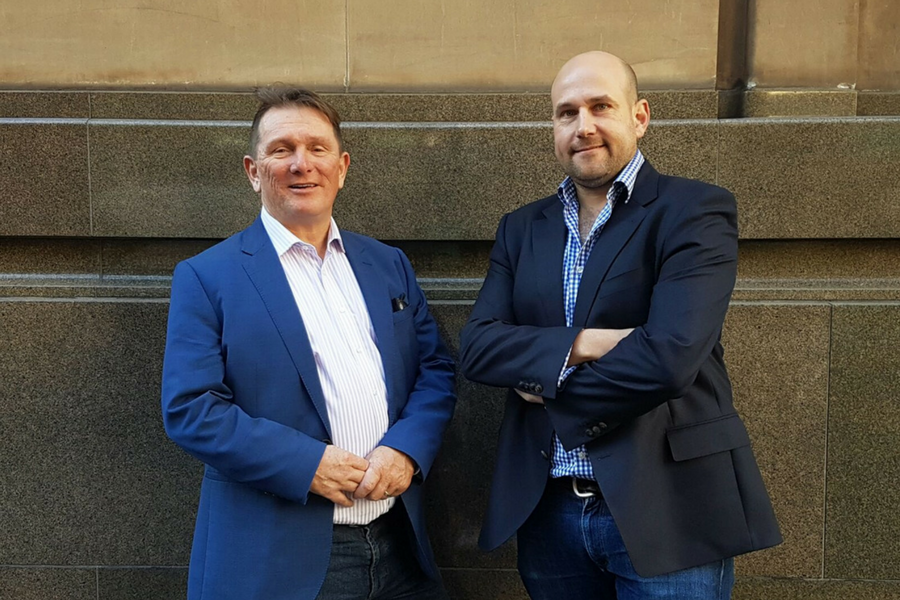Startupbootcamp has been busy since its arrival down under was announced by LaunchVic last August.
The organisation, a global network of industry-focused accelerators founded in Copenhagen in 2010, received $600,000 from the Victorian government’s startup body to help it open a hardware lab in Melbourne and fund the launch of an accelerator program this year.
As it gears up to open the doors to the lab and applications for the accelerator, Startupbootcamp has been working to immerse itself in the Melbourne startup landscape through other events, for example partnering with facilities management provider Spotless Group to host an IoT and datatech hackathon at the MCG last November.
To further its focus on the Internet of Things, Startupbootcamp partnered with the City of Melbourne to host IoT & Data FastTrack for Melbourne Knowledge Week last Friday.
With the City of Melbourne looking to establish Melbourne as Australia’s ‘smartest’ city, the event saw local startups pitch to a panel of industry experts and network to seek out opportunities for collaborative.
For Trevor Townsend, managing director of Startupbootcamp, the involvement of the City of Melbourne was key; rather than startups working in silos, he believes more must be done to drive cross-collaboration and connect startups to the right people who can help them develop and deploy real-world solutions that will improve the way cities operate.
“The significance of having a large city council supporting the ecosystem can not be underestimated. Startups focused on Smart Cities solutions need input from the city to ensure that solutions are viable and meet the city’s needs,” he said.
“Policy makers should be supporting startups, as both an economic stimulus through new job creation and as well as a way to get new and innovative solutions to citizens and visitors.”
Dr Jackie Watts, a City of Melbourne councillor and chair of the Knowledge City portfolio, said the City recognises that startups are central to ensuring Melbourne’s “knowledge economy” grows and thrives.
“In sustaining the ‘liveability’ of our city we encourage talented knowledge sector workers, and investment tends to follow this talent. It is crucial that we consult with the startup community to better understand the core needs of those with the talent and the drive to start up a businesses in Melbourne,” she said.
Consultations with the startup community are becoming increasingly important, with the City gearing up to deliver its Startup Action Plan.
This plan, Watts said, is being designed to foster a supportive and inclusive business culture, accelerate innovation, and provide access to municipal data.
On this front, the City of Melbourne already runs an Open Data platform, which boasts almost 100 data sets for anyone to use; such data sets include a 24 hour pedestrian counting system, which aims to help the City and users understand pedestrian activity in busy locations.
Among the startups presenting on Friday was SofiHub, a smart device using sensors to learn what is normal activity for a person in their own home, allowing it to detect abnormal activity and alert loved ones of potential emergencies, and GoGet, the car sharing platform that is now working to develop a fleet of cars that provide disabled individuals with an easier, smarter mode of transport.
Also pitching were CyclePort, a smart bike sharing system with electric bike charging capacity; muru-D grad SkyGrid, a platform looking to simplify the process of servicing and repairing utilities through an equipment monitoring service that ensures technicians arrive with the correct tools for the job, even before a fault has even impacted the user; and Augmented Reality Experts, developing a platform allowing anyone to create their own AR content.
Image: Richard Celm and Trevor Townsend of Startupbootcamp. Source: Supplied.




















Trending
Daily startup news and insights, delivered to your inbox.